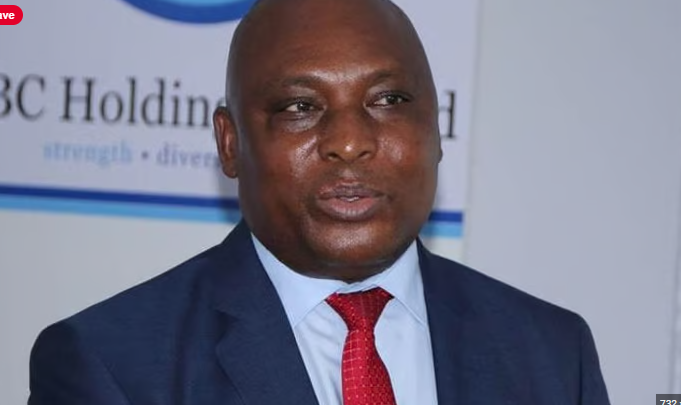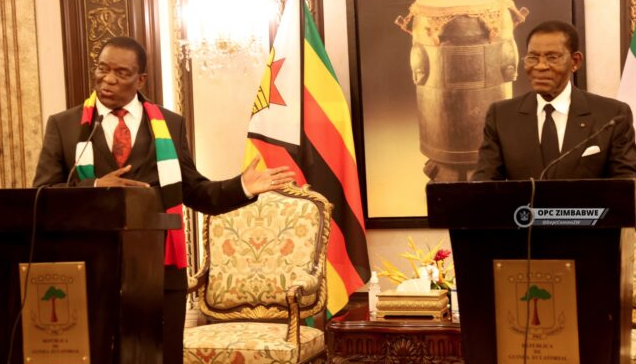In Zimbabwe yes he can!. The President, Emmeson Mnangagwa has appointed Dr John Mushayavanhu as the new Reserve Bank of Zimbabwe boss, Only problem is that this same man has 7% shares in a bank in which he as the governor has control over? Ring any bells?
President Emmerson Mnangagwa’s recent appointment of a new Governor for the Reserve Bank of Zimbabwe (RBZ) has sparked legal debates and raised questions about the constitutionality of the decision. The move comes amidst ongoing political and economic challenges in Zimbabwe, with critics questioning the transparency and legality of the process.
Appointment of RBZ Governor: President Mnangagwa appointed Dr John Mushayavanhu as the new Governor of the RBZ, replacing the outgoing Governor, following a recommendation by the Minister of Finance. This decision has stirred controversy, as concerns mount over potential violations of constitutional procedures governing such appointments.
Legal Framework and Constitutionality: According to Zimbabwe’s Constitution, key public appointments, including that of the RBZ Governor, must be made in consultation with the Public Service Commission and subject to parliamentary scrutiny. However, critics argue that the President’s unilateral appointment may have bypassed these constitutional requirements.
Opposition and Civil Society Reaction: The opposition party and civil society groups have raised objections to the appointment process, alleging a lack of transparency and adherence to legal norms. They argue that the President should have followed due process and engaged relevant stakeholders before finalizing the appointment.
Constitutional Experts’ Views: Constitutional experts have weighed in on the matter, highlighting potential breaches of the Constitution. Professor Jane Makoni, a constitutional law expert, emphasized the importance of adhering to legal procedures in such appointments to uphold the rule of law and democratic governance.
Government Defense and Response: Government officials have defended the appointment, citing executive prerogative and the need for swift action to address economic challenges. They maintain that the President acted within his constitutional powers and that the appointment will contribute to stabilizing the country’s monetary policies.
Implications for Monetary Policy and Economic Stability: The appointment of a new RBZ Governor holds significant implications for Zimbabwe’s monetary policy and economic stability. The new Governor will be tasked with addressing inflationary pressures, foreign exchange shortages, and restoring confidence in the country’s financial sector.
Legal Challenges and the Way Forward: Legal challenges to the appointment are expected to unfold in the coming days, with opposition parties exploring avenues to contest the decision in court. The outcome of these legal battles will have broader implications for the balance of powers and governance in Zimbabwe.
Conclusion: President Mnangagwa’s appointment of a new RBZ Governor has triggered legal scrutiny and debates over constitutional adherence. As the country navigates through economic turbulence, the legality of key appointments remains a focal point for both the government and civil society. The resolution of these legal issues will shape the trajectory of Zimbabwe’s governance and economic policies in the months ahead.





Add comment